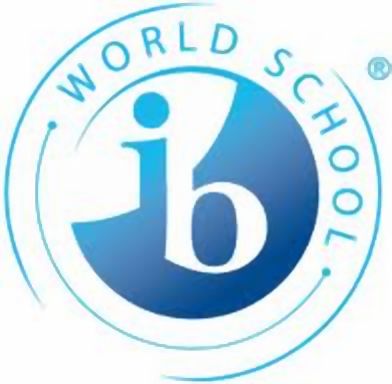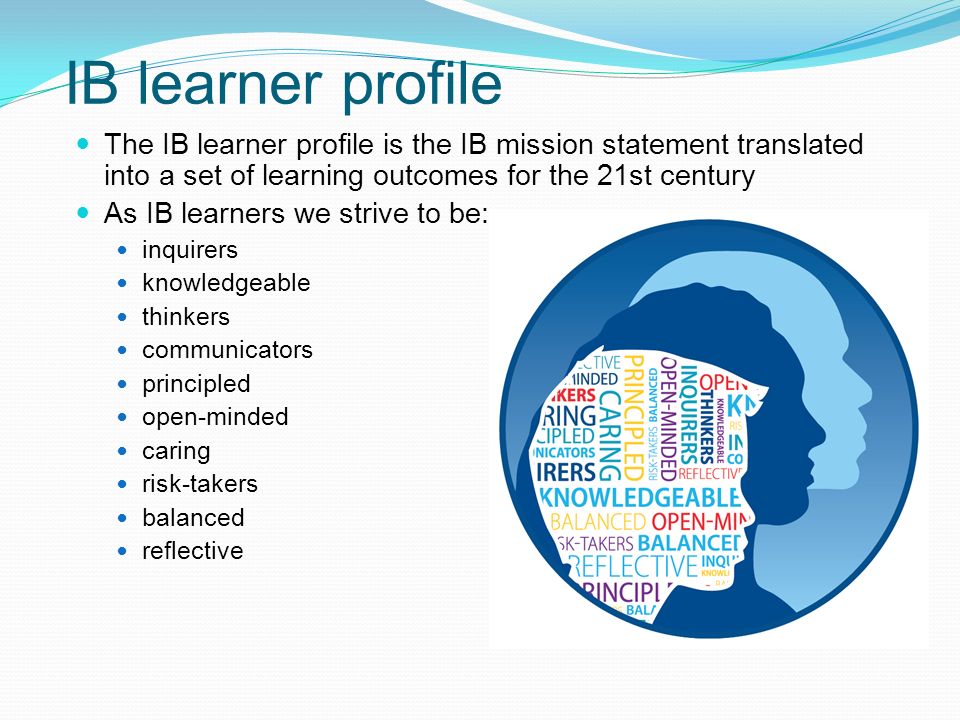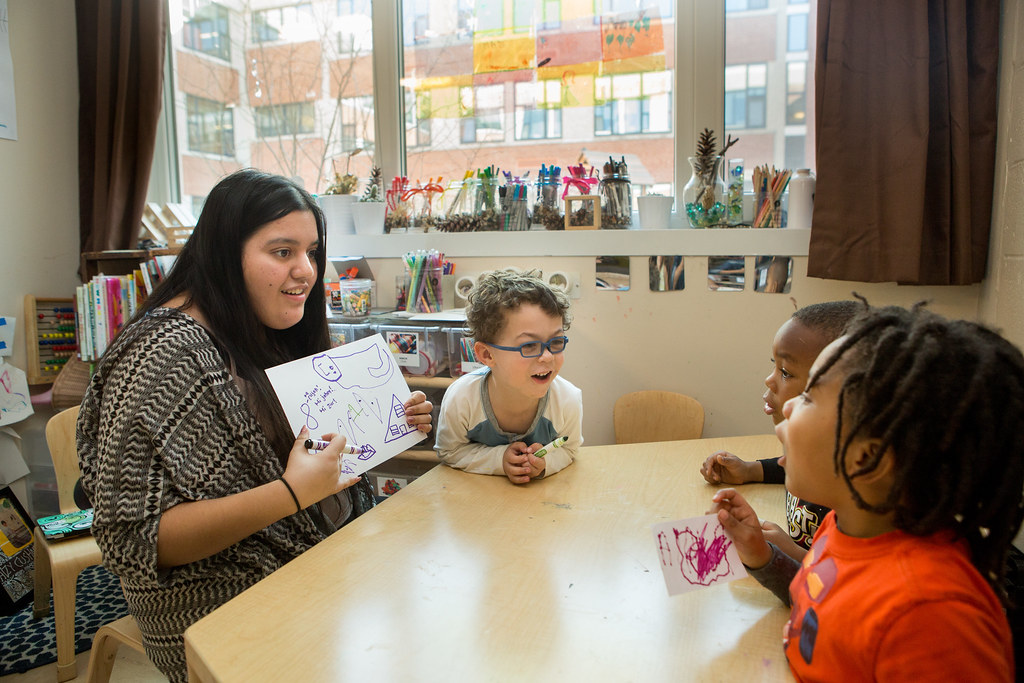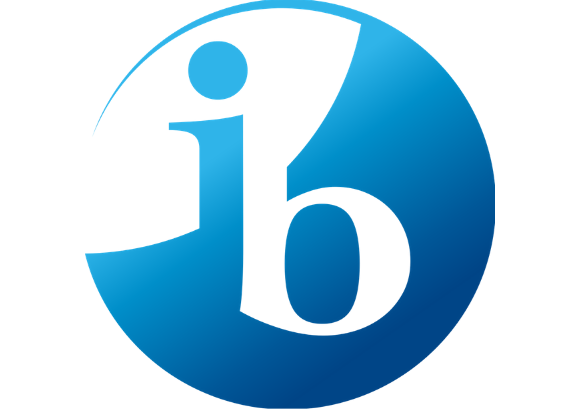How International Baccalaureate (IB) Differs From Other Curriculums
 Schooladvisor Team
Schooladvisor TeamInternational Baccalaureate (IB) has been gaining popularity as the chosen curriculum for parents as well as students worldwide. But what is it about IB that makes it such a coveted programme? Is it worth to invest in this curriculum? SchoolAdvisor talks to Stefanie Leong, the Head of Development & Recognition, International Baccalaureate (IB), Asia Pacific, to find out.
Pioneering a movement in international education, International Baccalaureate was established in 1968 as a non-profit organisation. Today, the International Baccalaureate Organisation offers four high quality and challenging educational programmes to students aged 3-19 years old, and currently, there are more than 1.8 million IB students attending over 5,000 schools in 157 countries.
Why choose IB?
Ms Leong opines, “The IB learning methodology moves past knowledge transfer to knowledge use, analysis and innovation. With a solid academic foundation, the IB produces students with transferable, future-ready skills and develops the best in every child. The curriculum prepares citizens of tomorrow, who are ready to step up as leaders and contribute to their world.”
There are several ways IB differs from other international curriculums, and they are:
- A flexible curriculum that focuses on the holistic development of students
According to Ms Leong, IB is recognised as a gold standard of education all over the world. IB programmes differ from other curricula in the way that it focuses on not just academic rigour, but on developing young people as ‘whole learners’ who are inquiring, knowledgeable, caring and motivated to succeed.
“IB programmes are committed to the development of interpersonal skills within students. Our aim is to ensure that by the end of their studies, learners are inquirers, knowledgeable, thinkers, communicators, principled, open-minded, caring, risk-takers, balanced and reflective. As a result, IB students are equipped with a variety of vital skills that will help them excel both academically and in life too,” Ms Leong emphasises.

The IB provides schools with a comprehensive framework to create a curriculum that is engaging and challenging for learners. Part of the reason why this framework is so unique is that it is deliberately ?exible and can be tailored to a school’s culture and context – wherever they are in the world. This empowers students, teachers and schools to take agency as architects of their own learning in a way which is appropriate to their culture, context, needs, interests and abilities.
Ms Leong adds, “Through this local and global context, students connect their learning experiences to their real-world experiences, taking action to make a difference in their community, building practical problem-solving skills, critical thinking and a lifelong sense of inquiry.”
- It is not easy to become an IB world school
Elaborating the process schools have to undergo to receive candidacy as an IB world school, Ms Leong says, “In order to offer one or more IB programmes, schools must complete an authorization process. The first step for schools is to get in touch with a member of our development team in their region who will contact the school about the process. The development team will work with the school to determine whether it will be able to meet the requirements for candidacy.”

She mentions that the main pre-requisite to becoming an IB World School is that the school community is able to commit to developing their understanding of IB’s pedagogy.
“During the authorization process, all educators must attend professional development workshops which ensure that the school has the expertise to deliver the IB programmes. This training is then reinforced with ongoing professional development following authorization,” adds Ms Leong.
As a result of the process, parents and students can be confident that each IB World School, no matter where it is located, provide the same high standard of education.
- IB educators undergo rigorous training
During the candidacy process, educators must undertake professional development to help them effectively deliver IB’s educational framework. However, this teacher training and development does not end with the requirements for authorization, the educators will continue to undertake professional development to enable them to provide the best educational experience for themselves as well as their students. Teachers are well supported throughout their development by an international community of peers – the IB Educator Network (IBEN).
Ms Leong shares, “Along with being well-equipped with the tools to deliver a holistic, academically-excellent education to their students, being trained as an IB educator brings with it a plethora of benefits for teachers as well, such as higher levels of job satisfaction, and the ability to tailor the curriculum to their culture, school, students and personal strengths. Once qualified, IB educators are also able to teach in any IB school – opening career opportunities across the world.”
If the above aren’t reasons enough to choose IB, then there are other benefits too, such as it is a programme that is recognised at renowned universities worldwide and it pushes students to reach their full potential. No wonder more parents are choosing IB curriculum to ensure their children are future-ready.
For a list of school that offers IB curriculum in Malaysia, click here

